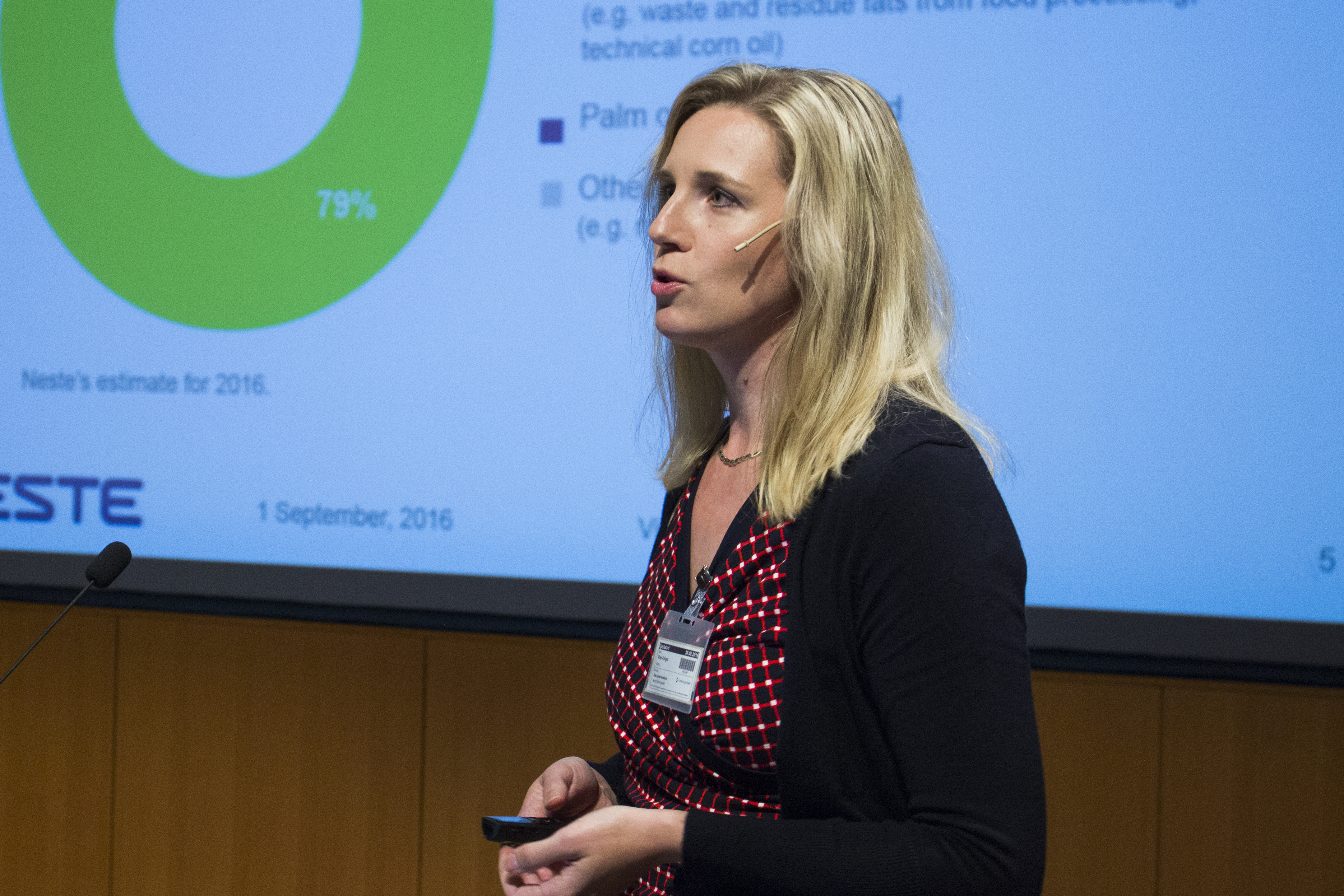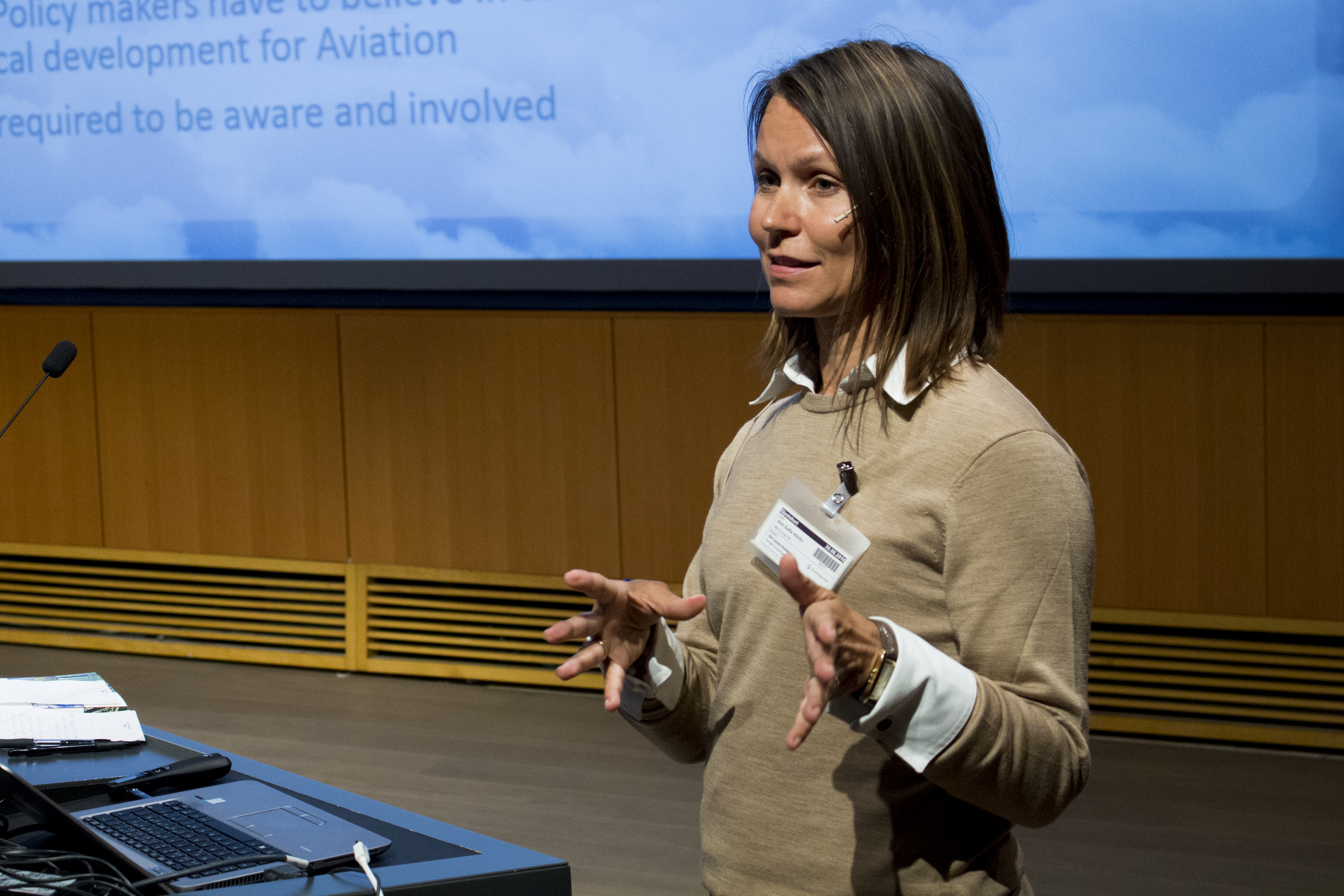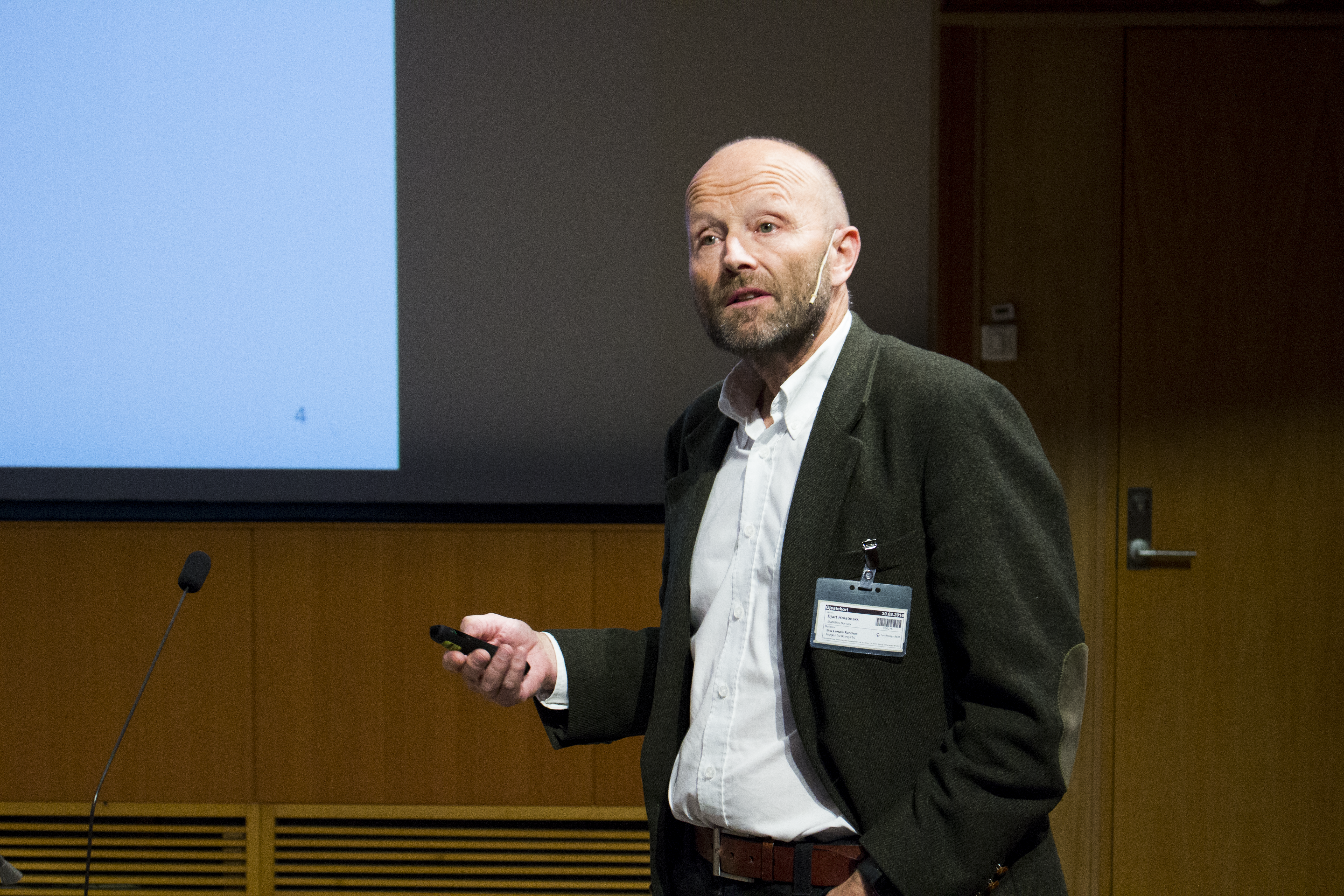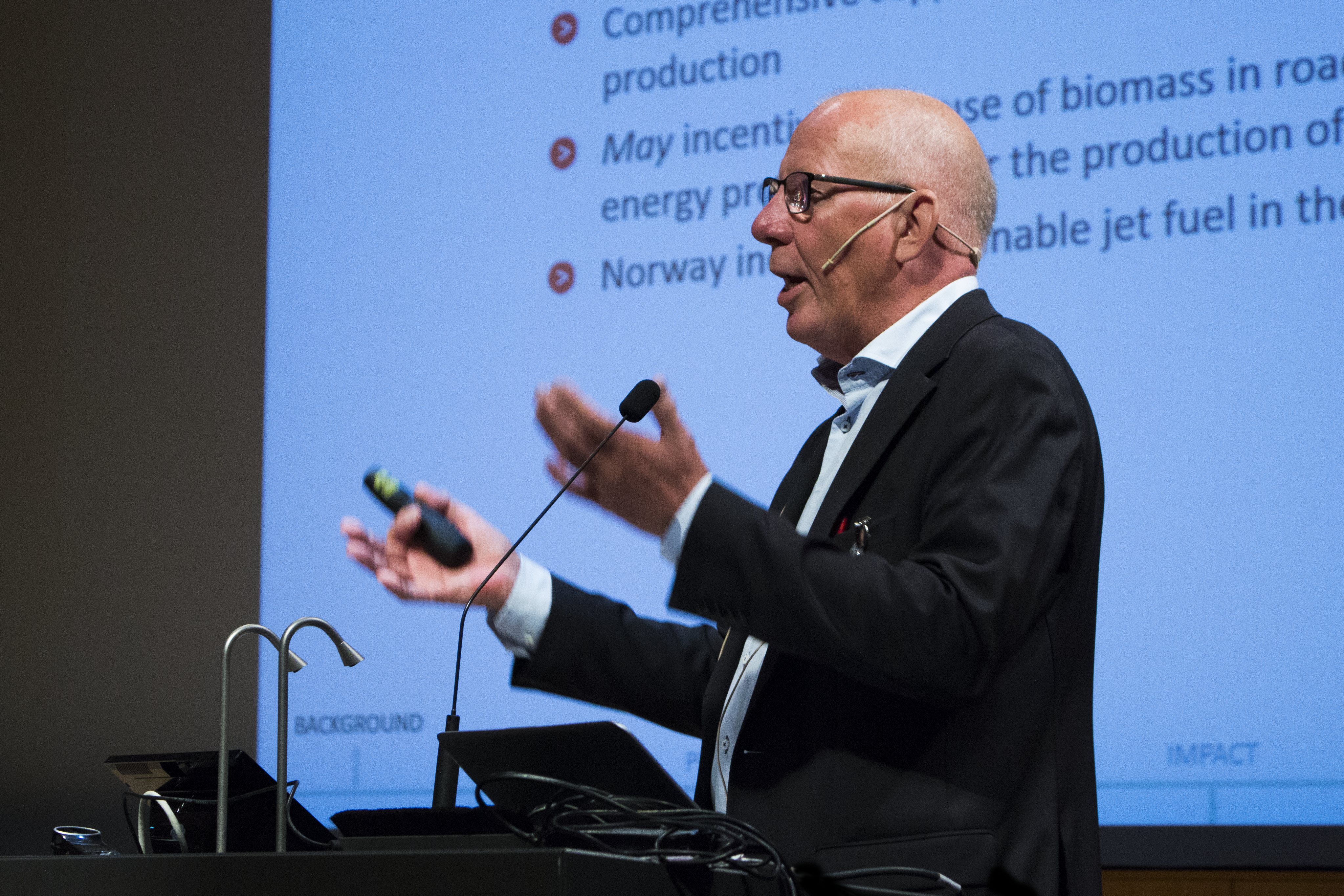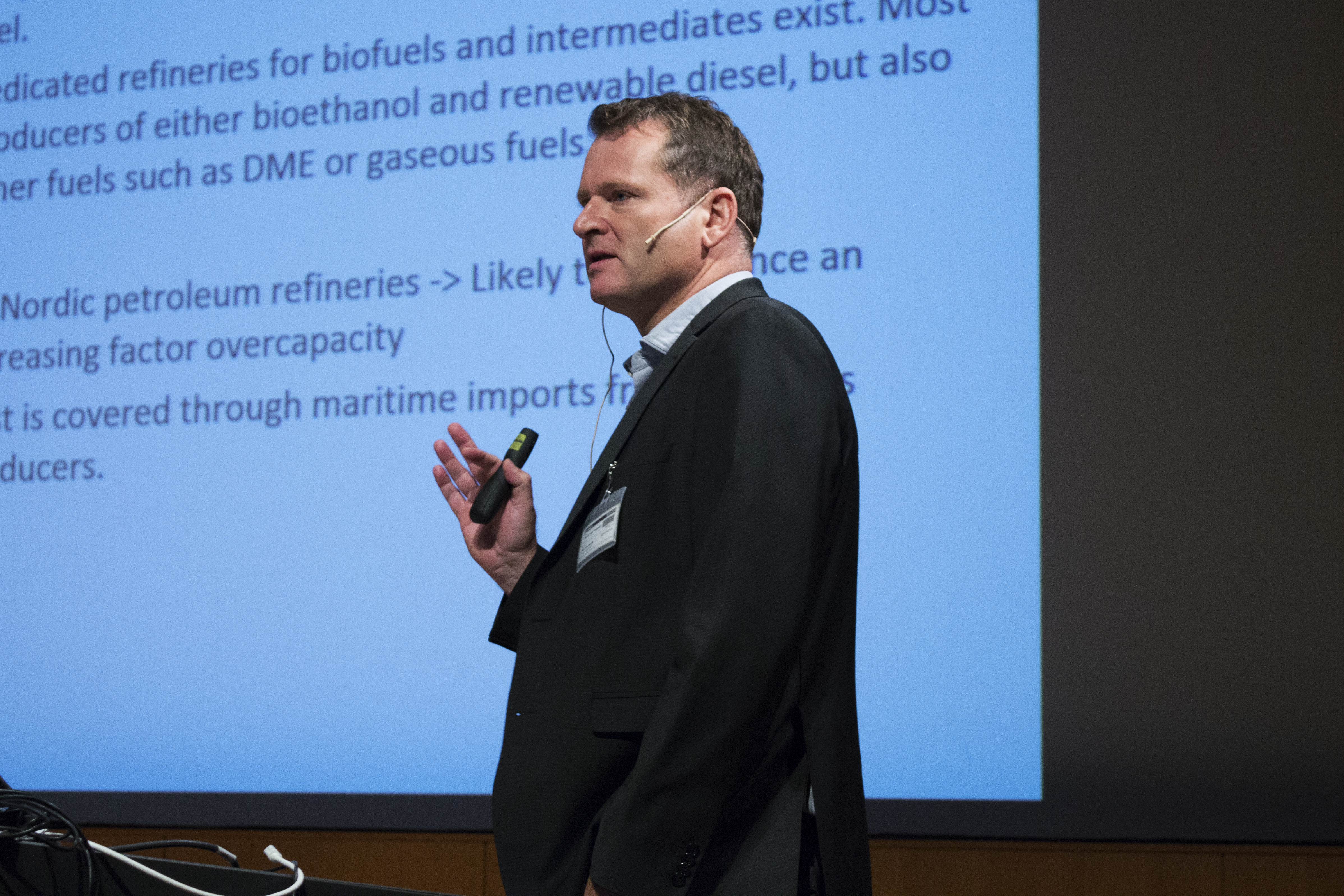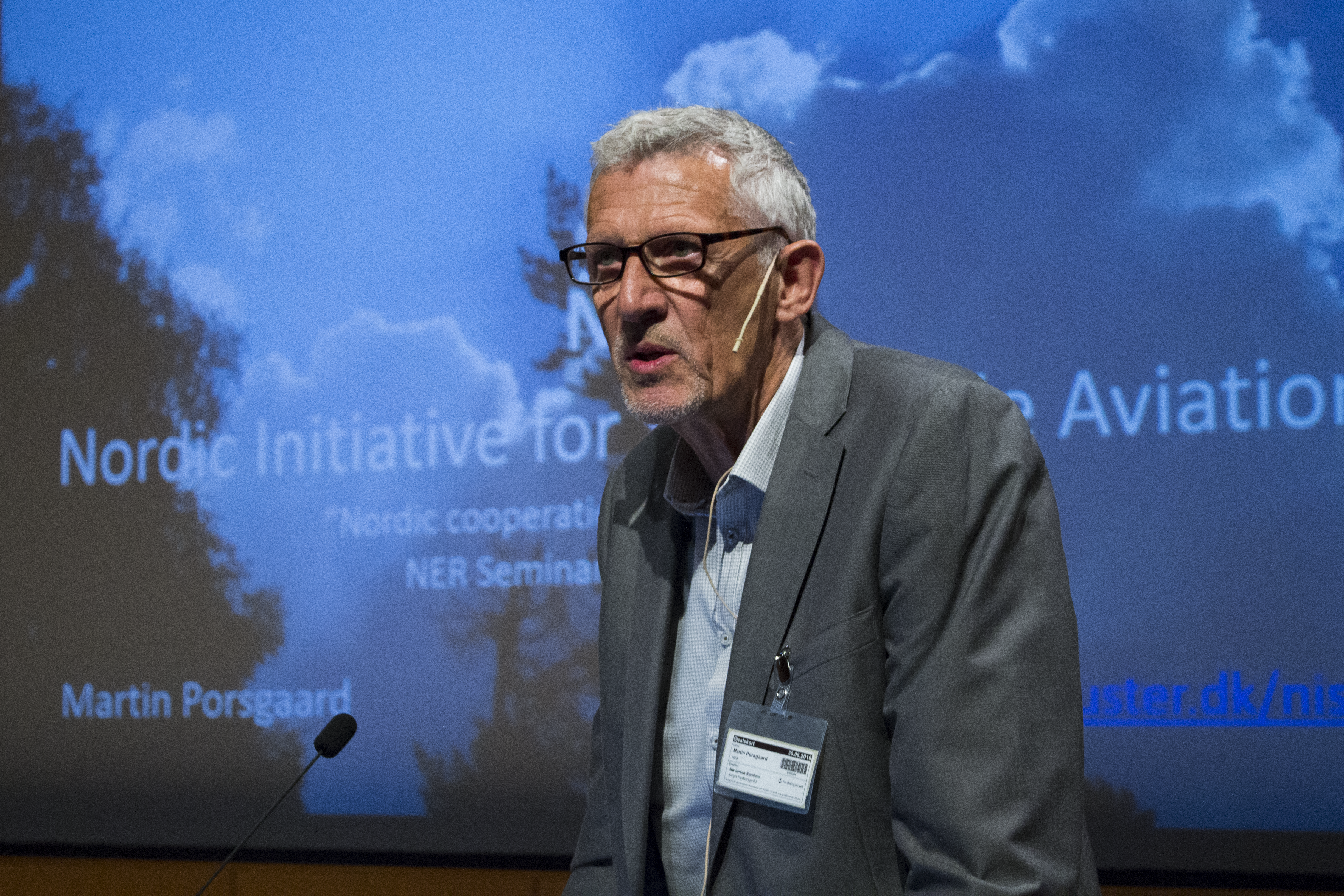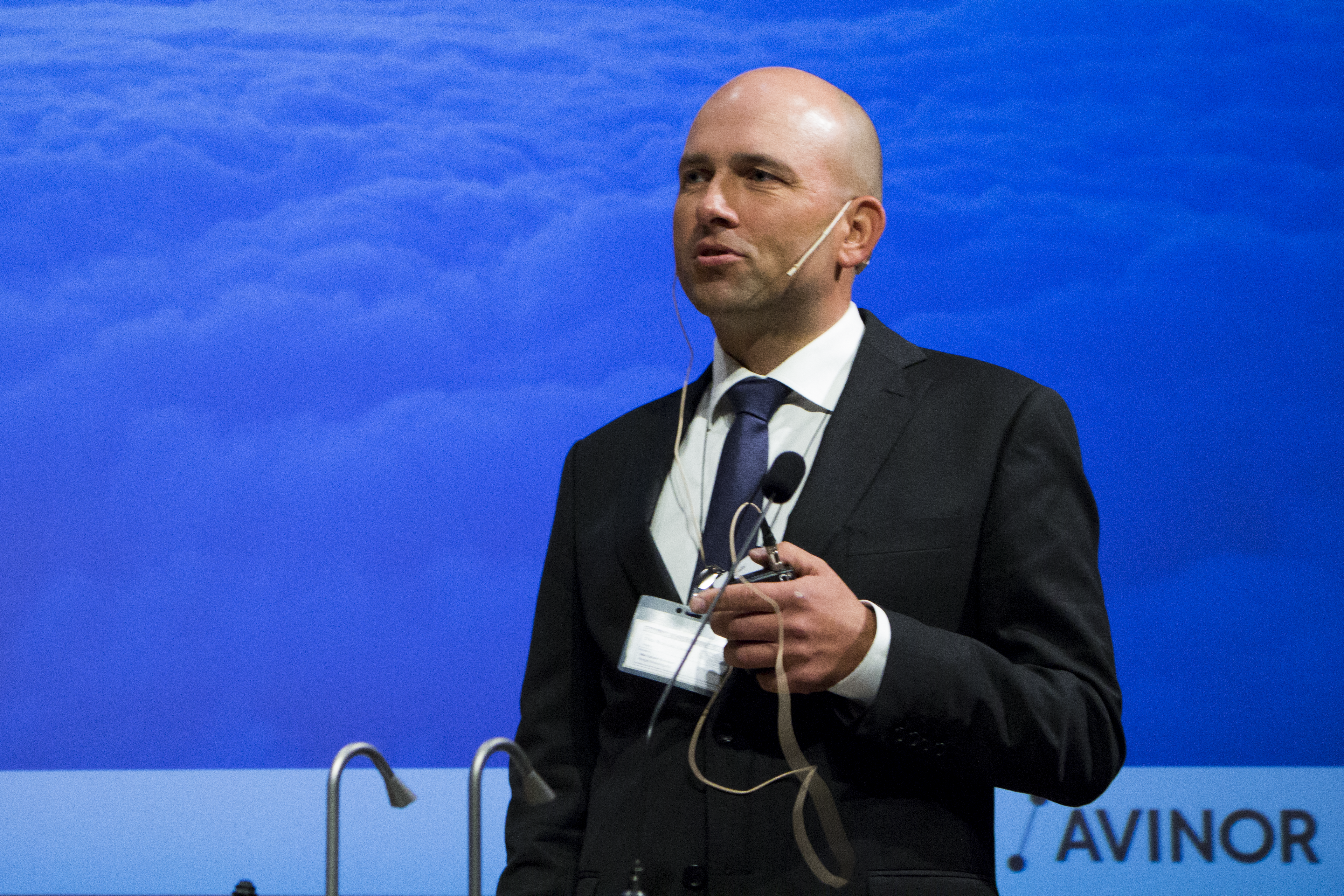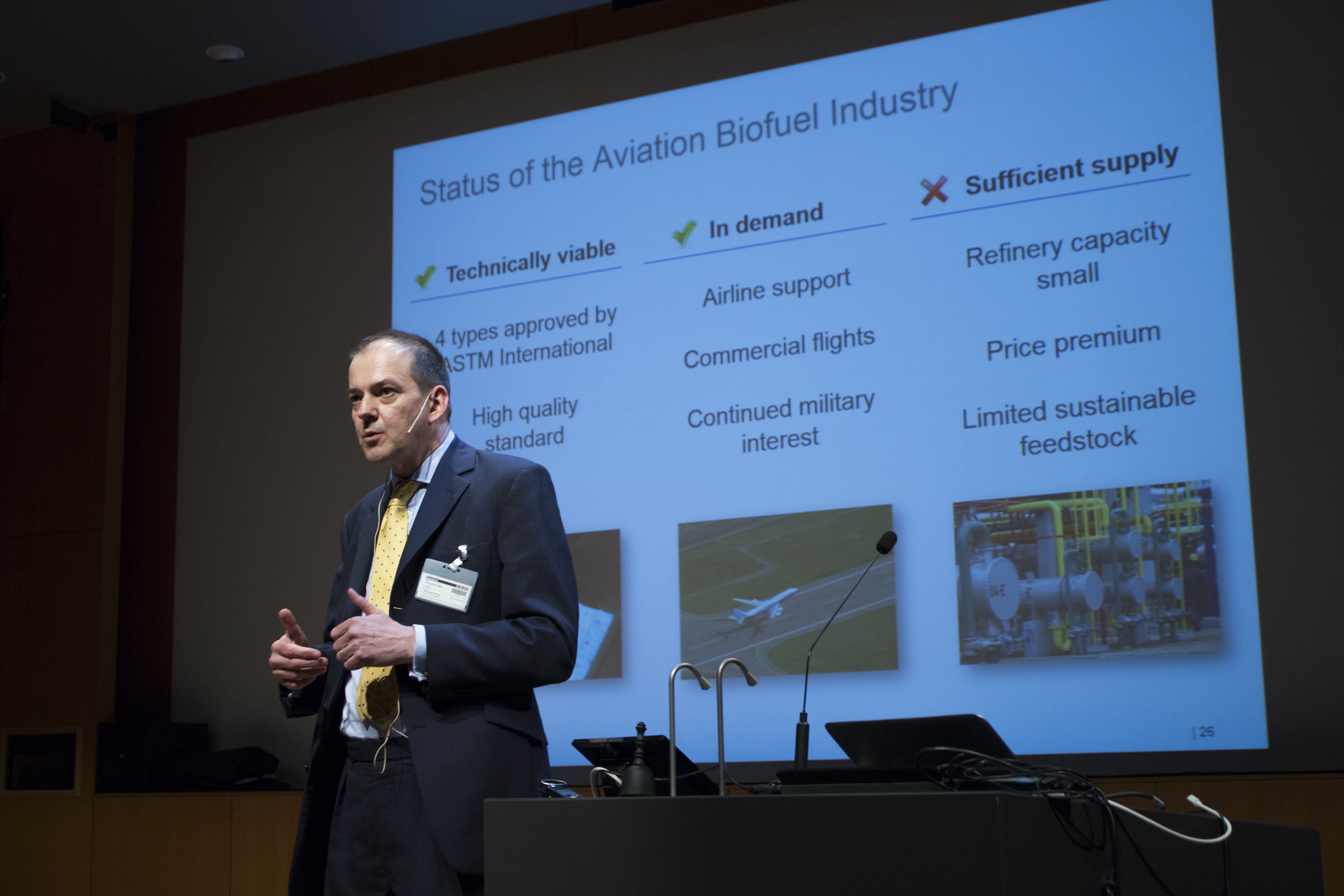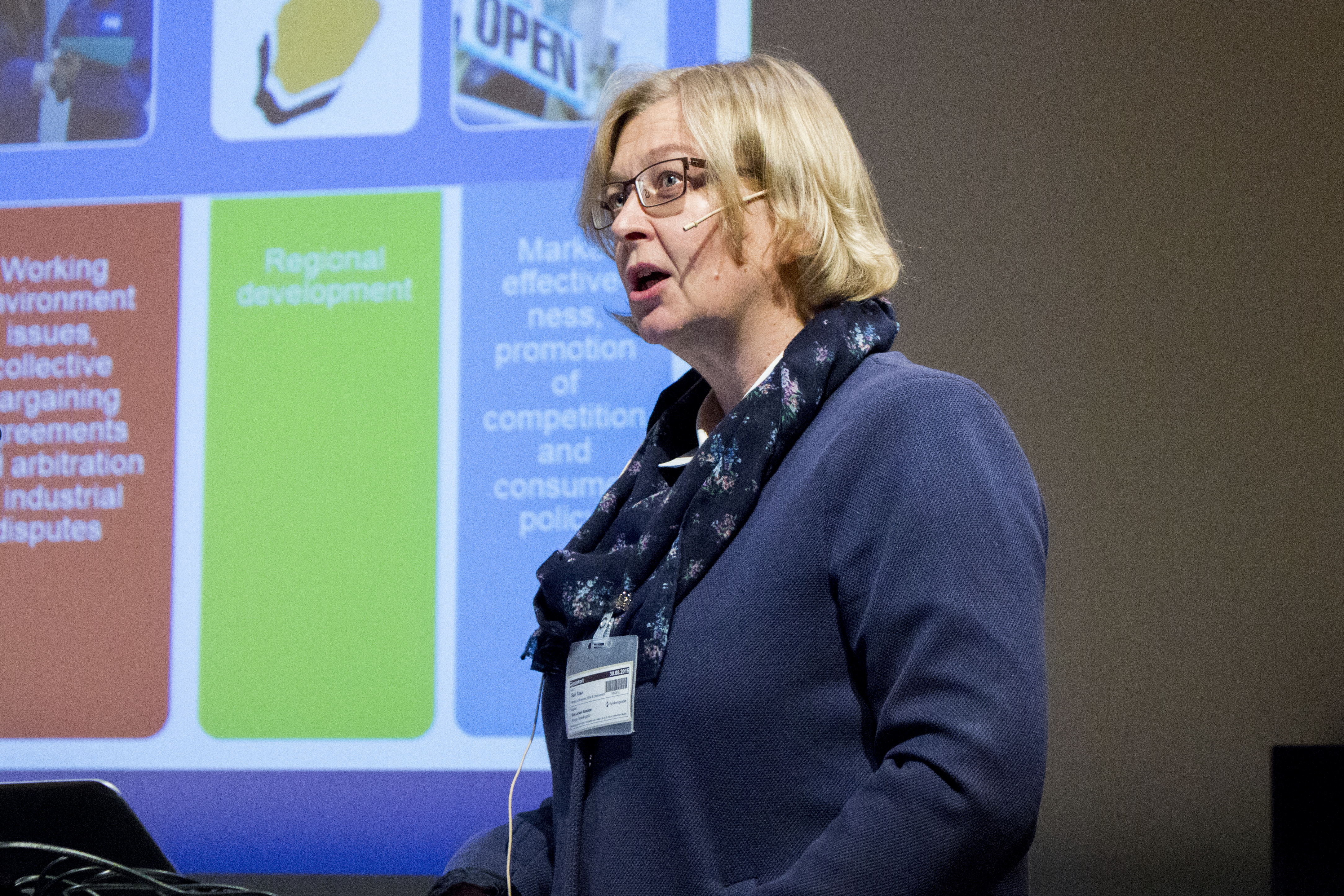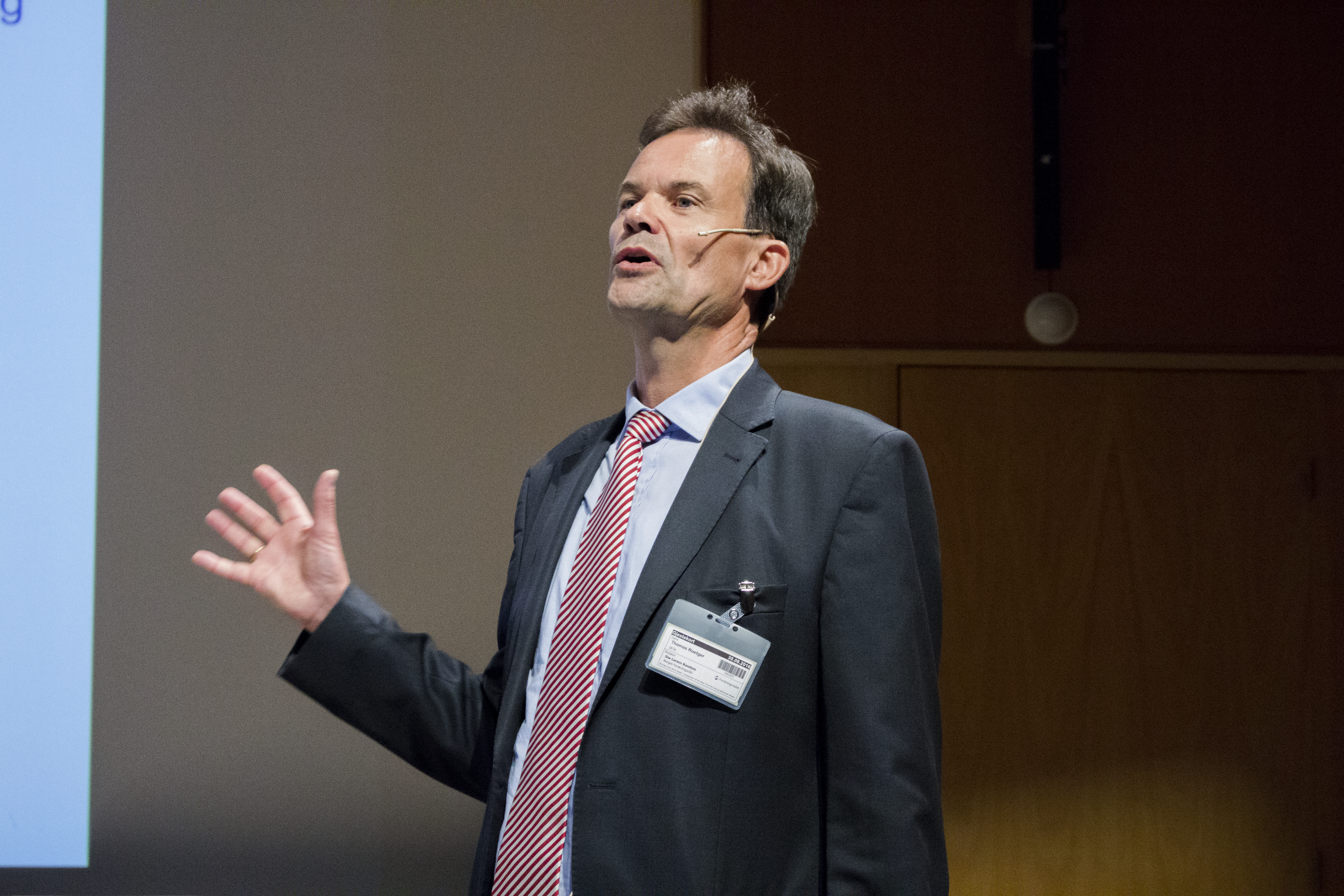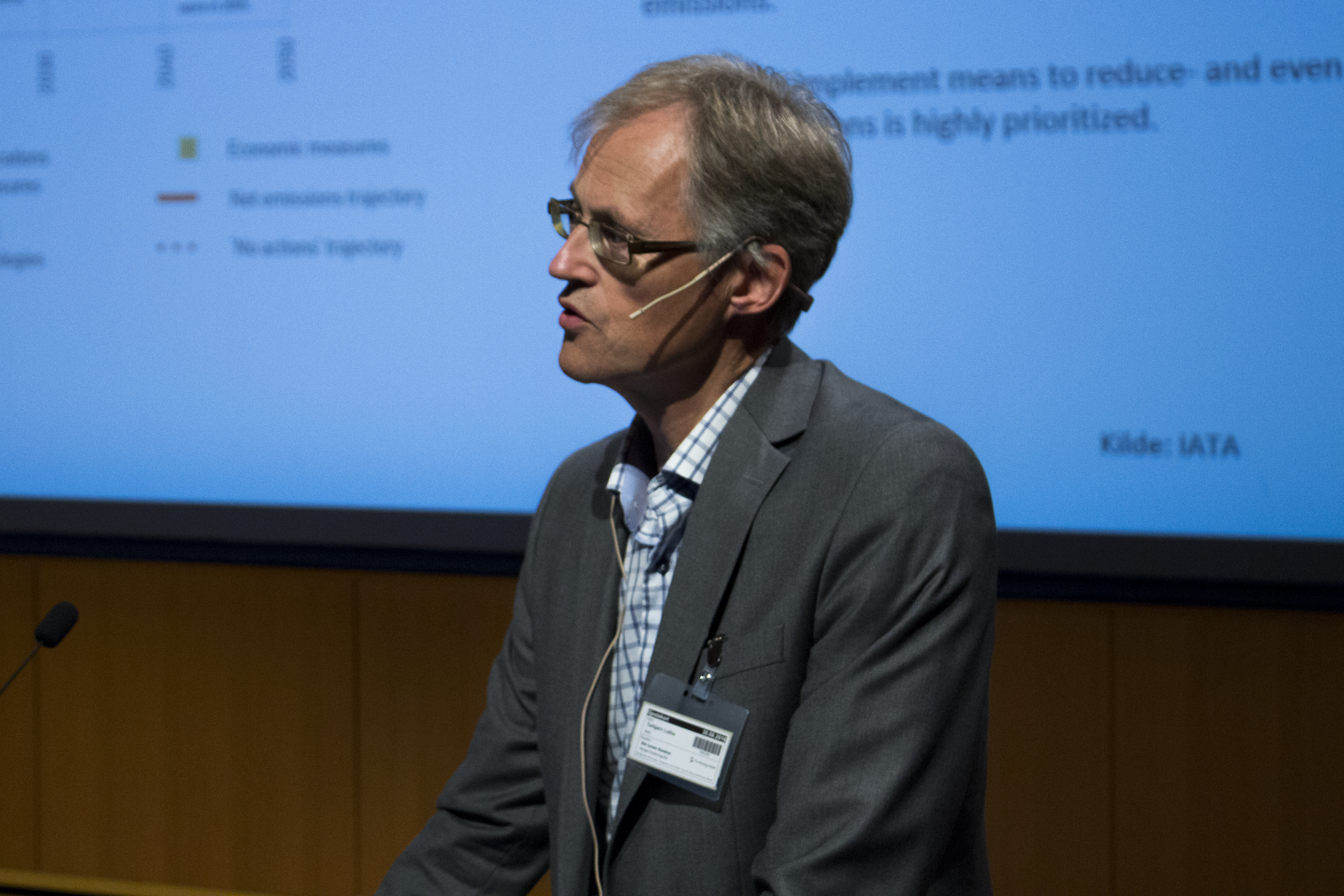
Seminar on sustainable aviation fuel shows positive momentum among stakeholders
Aviation stakeholders from around the world gathered in Oslo on September 1st 2016 to discuss the prospects of a sustainable future for jet fuels. The conference was structured around the…
Aviation stakeholders from around the world gathered in Oslo on September 1st 2016 to discuss the prospects of a sustainable future for jet fuels. The conference was structured around the NIRAS study “Sustainable Jet Fuel for Aviation: Nordic Perspectives on the Use of Advanced Sustainable Jet Fuel for Aviation.” Stakeholders from across the aviation industry – Avinor, Boeing, IATA, Neste, NHO, NISA, SAS, and Svenskt Flyg – presented their own outlooks for the future of sustainable aviation industry, as did representatives from the Finish Ministry of Economy and Employment, Statistics Norway, and Nordic Energy Research.
There was widespread agreement among the presenters that the time had come to make a serious push forward in adopting sustainable aviation fuels on a large scale. But the stakeholders also acknowledged that there are a number of challenges in this. The price and availability of biofuels remain prohibitive for large-scale adoption in aviation, and there is still a lack of strong political frameworks in many areas. Ensuring that the supply chain for biofuel production is genuinely sustainable will also need to be addressed.
However, despite these challenges, the conference made clear that there is a strong will on the part of aviation stakeholders to adopt biofuels on a much larger scale than exists today. The presentations also showed that the technologies required for sustainable aviation fuels exist, and are already being used. The feedstock for biofuels is also there, in the form of the vast forests found in the Nordic region, and there is great potential for improving the yield of this resource. And finally, the presenters showed that there is a market for sustainable aviation fuels, and it is already up and running on a small-scale.
Biofuels hold great potential for making aviation more sustainable, and for reducing greenhouse gas emissions from long distance travel. Many of the elements needed for the widespread adoption of these fuels are already in place, but like with all new technologies there are still issues relating to price and political framework. With strong cooperation on these challenges, the Nordic region can once again lead the way in the adoption of new, sustainable technology, that will help the world reach its goals for climate change mitigation.
Link to project page

